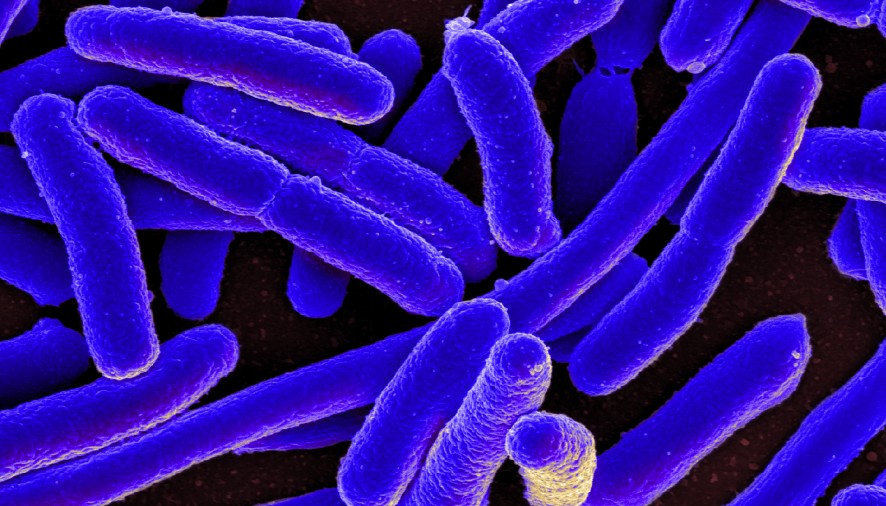Sometimes we do not know what is best for us. Many of us have been told that the cleaner we are, the better it is for us. Recent studies have shown the opposite to be true. Germs, including bacteria and viruses, can be found everywhere: in our hair, on our skin and in our gut. This is not necessarily a bad thing and not all bacteria are a threat to our health. This common misconception can make it difficult for people to understand that a high degree of cleanliness isn’t always in our best interest. Reduced exposure to germs early in life might lead to an increased risk of developing allergies and asthma, some researchers claim. Looking at the Hygiene Hypothesis in more depth and discussing new research in recent years, you should decide for yourself if you feel “too clean”.
What is cleanliness? We can take the absence of bacteria, or pathogens in general, as a broad definition of cleanliness. As such, the closest we can get to a perfect state of cleanliness is a sterile environment but this is not always in our best interest. A sterile environment is essential in the medical field but not in average, daily life. We have this perception that we have to shower and wash our hair daily or at least every other day, which may actually be more often than our bodies require. Nature has gifted our skin with a massive number of beneficial bacteria and natural oils. These bacteria reside on the surface of our skin to fight pathogenic organisms that want to attack the human body. Every time we take a shower, we wash off the harmful, pathogenic but also the beneficial bacteria. Frequent showering also leads to dry skin and can cause cracks in our skin that pathogens can use as a breeding ground. Researchers currently advise that it is best to shower around four times a week and when we do, use shower gel sparsely.
You might have also heard that little exposure to viruses and bacteria early on in childhood can increase the risk of developing asthma and allergies. Several researchers have studied this topic after allergist-immunologist Dr Holbreich first suggested this theory in 1989. Holbreich noticed that Amish children had fewer allergies than children in the suburbs of developed countries. In order to support his “Hygiene Hypothesis”, he tested Amish children and children from the city by using a skin test used to identify someone’s allergies. 50% of children from suburban areas reacted positive to the allergy skin test, but only 7 % of Amish children did. Based on these results, Holbreich suggested that since Amish children live in rural area such as farms, drinking raw pasteurised milk and increased exposure to animals – especially horses – helped to prevent allergies and asthma. In general, the average child in a developed country has less exposure to these factors. It is of course not possible to proof this hypothesis 100 % but it does highlight the fact that we should rethink our relationship with cleanliness.
As you can see, there is a lot to say about cleanliness and whether we might take it too serious. Yes, it is important to have clean water and yes, it is important to have a certain level of cleanliness but we might be better off taking a step back on out cleaning habits. If you have children, or will have children in the future, it might be worth thinking about letting them “play in the dirt” at playtime to let their immune system get used to the environment that our body isn’t immune to from birth.
(Image courtesy of NIAID)

